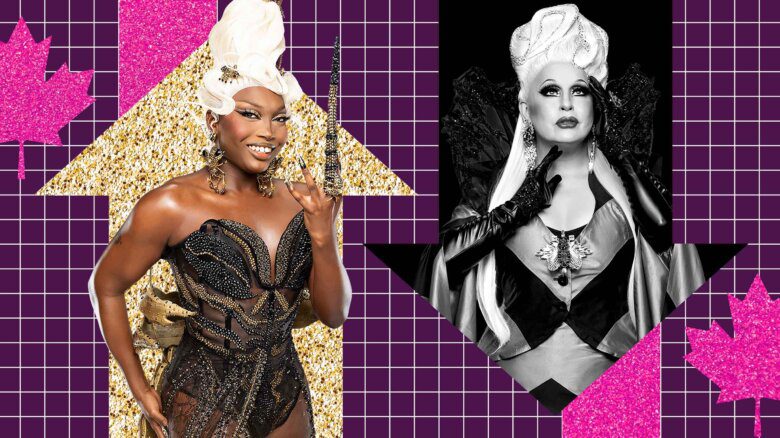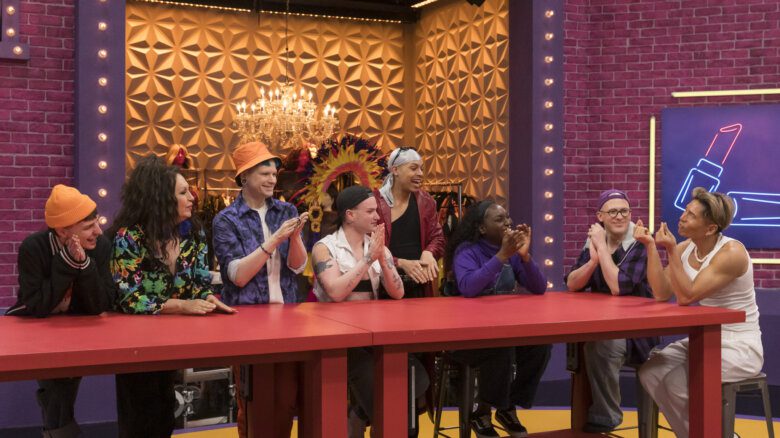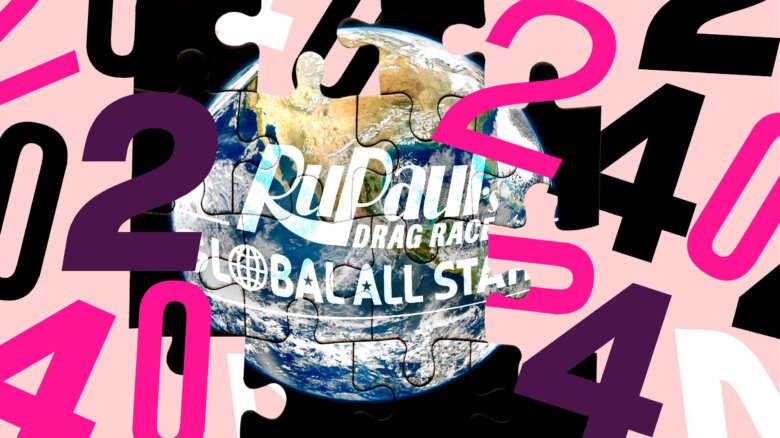“Don’t take your physical abilities for granted, for you could lose them at the snap of a neck.”
Dax Pierson shares these chilling words in the opening moments of his album Live In Oakland before they are looped, layered and subsumed into an ominous electronic drone. He means the warning quite literally.
In February 2005, Pierson’s experimental hip-hop group Subtle was on the road the day after a show in Denver when the van they were in hit a patch of black ice. Pierson remembers giving up his usual position in the co-pilot seat for a spot in the second row because he wanted to watch Pink Floyd: Live at Pompeii on a newly-installed DVD player. Despite swerving off the road safely into an embankment, the trailer they were towing caused the van to flip over. Pierson’s side of the bench seat was not properly secured to the floor, propelling him face first into the ceiling, breaking his nose and severely damaging his spine. The keyboardist was left paralyzed from the waist down without the use of his fingers.
“The only way I could survive was to break my own neck, but I didn’t realize I was doing that,” Pierson says over Zoom from his home in the Bay Area. “I could breathe and my bandmates could hear me talking, so I told them I couldn’t feel my legs. I don’t remember how I was cut out of the van and I only faintly remember being in the helicopter. It was what it was.”
While his bandmates suffered only minor injuries, Pierson was now close to quadriplegic. In his injury lawsuit against Ford, the makers of the E-350 van that Pierson’s bandmate had been driving, a jury sided with the musician. He was awarded $12.3 million for medical expenses and an additional $6 million for pain and suffering. Though the costs of his disability care and day-to-day life would be covered, Pierson still had a difficult path ahead of him before he could return to his craft.
As the only openly queer member of the Anticon Records collective—the underground hip-hop clique that spawned Subtle and its many offshoots—Pierson stood out from his collaborators since day one, but has never been bothered by these differences. While working at Amoeba Records in Berkeley in the early 2000s, he was introduced to early 12” vinyl releases by Anticon artists such as Them and Deep Puddle Dynamics. “I lost my shit!” Pierson says. “I hadn’t heard anything like that in hip hop. It really resonated with me because of how left of centre it was.”
At 30, Pierson already had 10 years on the other Anticon members. He gave a demo tape of his solo work to label co-founder Adam Drucker (a.k.a. Doseone) and the duo started jamming. Soon, they were joined by Drucker’s roommate, Jeffrey James Logan (a.k.a. Jel). Pierson introduced the rappers to his friend, the cellist Alex Kort, and Subtle made their debut at an open mic night in San Francisco. After self-releasing four EPs, they went on to sign with the U.K.’s LEX Records and become critically acclaimed underground heroes.
“I was already in my skin when I met them,” Pierson says. “That was another reason why I was attracted to Anticon. I listened to their music and didn’t get the sense they were homophobic. They seemed like the kinds of people I could work with.”
In the 16 years since the accident, Pierson has taught himself new ways to make music. Prior to his hands becoming paralyzed, he had worked with a laptop and old school analog tools, like a four-track cassette recorder, describing himself as “not extremely computer savvy.” His partner, the visual artist Chuck Nanney, moved from New York to Oakland to live with Pierson, introducing him to the program Ableton Live for its relative simplicity. Pierson combined this with a MIDI controller keyboard and custom attachments, allowing him to play one note with each hand.
Then, Pierson says, “touch screens changed everything.” On his first new collection of solo music, 2019’s Live In Oakland, the album’s second side documents his performance using only apps on the iPad and iPhone. The 11-minute song “Treading Water” features a sampled recording from a doctor’s appointment discussing the degenerating condition of his spine. As phrases are chopped up and manipulated, Pierson weaves in the percussive sounds of medical equipment and his motorized wheelchair to create an intimate new form of composition using recorded sounds as raw materials, carrying on the traditions of musique concrète.
“I’ve done a lot of research to learn about different techniques and tools,” Pierson says. “I had to wait for certain technologies, woodshed [practise repeatedly] and reach a level of musicianship that I felt comfortable with sharing. It took me quite a while to get there. In addition to the injury, I’ve always preferred collaborating with others over working as a solo artist. That required a change in my focus.”
Pierson continues these deeply personal forms of expression on his astonishing new album, Nerve Bumps (A Queer Divine Dissatisfaction). “For the Angels” burbles like the aquatic techno explorations of Drexciya, while the pulse-racing arpeggios of “Adhesion” recall the soundtracks of horror film maestro John Carpenter. Though his music is primarily instrumental, Pierson uses song titles like “Snap,” “I Slay the Pain” and “NTHNG FKS U HRDR THN TM” to show solidarity with others experiencing similar challenges.
“Since I am not a lyricist or songwriter it’s a way for me to express that reality of my life,” he says. “I do find it therapeutic, especially the ‘Treading Water’ piece. I struggle to hold my neck up every day because of the pain, so it was a cathartic, creative way of getting out some of these issues. It’s also a way to let folks who are part of the disability community know that I’m one of them.”
The album’s title is embedded with meaning for Pierson and his partner. Nanney originally used the name for a gallery exhibition in 2018 at the same time the musician was working on his own project. Becoming a creative mantra for both artists, it is based on a quote from the celebrated dance choreographer Martha Graham: “No artist is pleased,” Graham once told the choreographer Agnes de Mille. “There is only a queer divine dissatisfaction, a blessed unrest that keeps us marching and makes us more alive than the others.”
Pierson believes the hardships he has experienced throughout his life have made him better equipped for the road to physical and mental recovery. He shares empathy with queer, closeted artists in the world of hip hop who may never come out due to the pressures placed on them by the music industry. Thankfully, he learned to be himself long ago, and has even mended a relationship with his 80-year-old father.
“A lot of down-low stuff happens in the African-American community, but I’ve never been that guy,” Pierson says. “I’ve always been marginalized by Black folks that think we all have to live a certain way. I was challenged by things in junior high about being ‘not Black enough’ because I was raised in predominantly mixed neighbourhoods. It was the first hurdle I had to jump over.
“Being a multi-marginalized person seems like it was almost training for my recovery in some ways,” he continues. “Able-bodied people say they don’t think they’d be able to go through something like what I did, but we don’t know how strong we are until we’re faced with these kinds of challenges.”
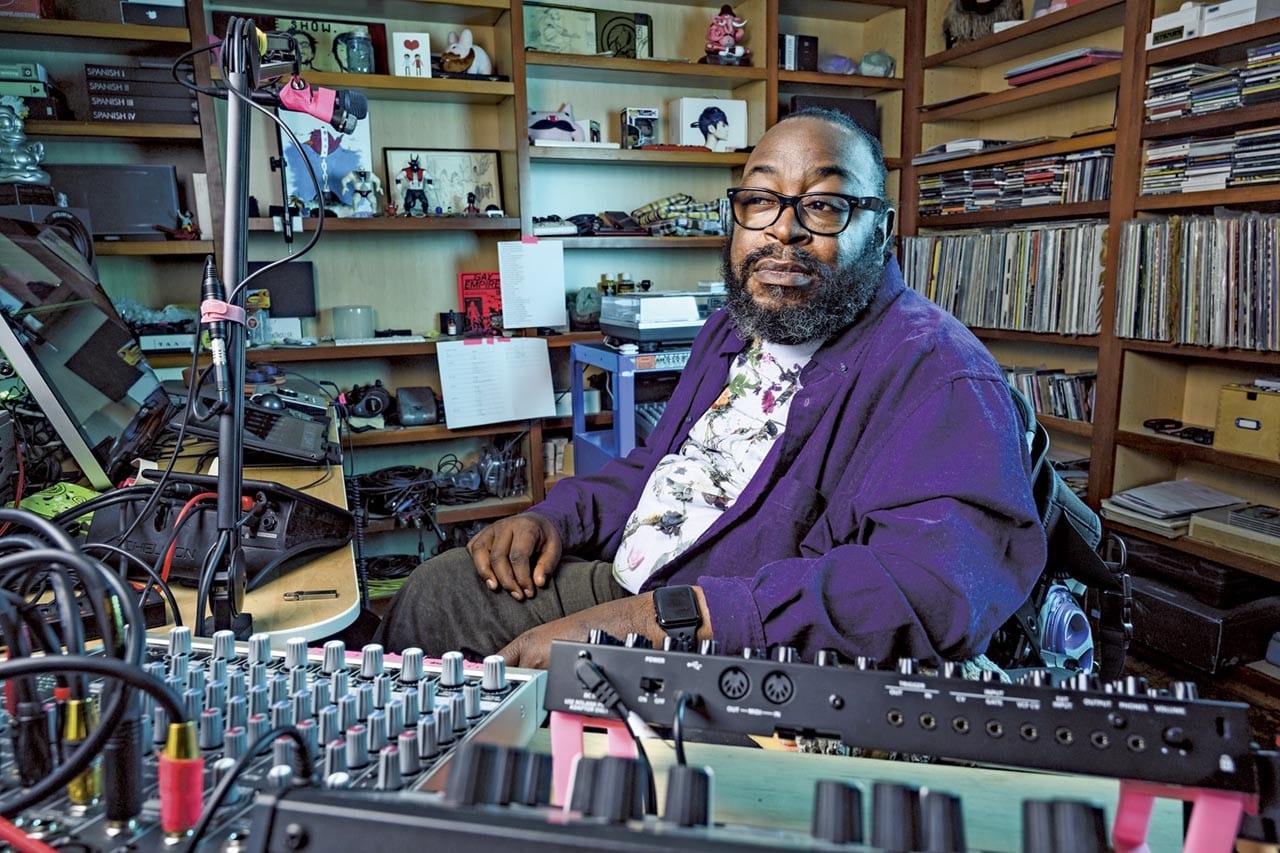
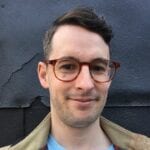
 Why you can trust Xtra
Why you can trust Xtra